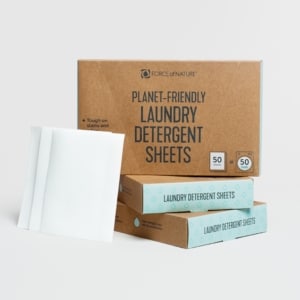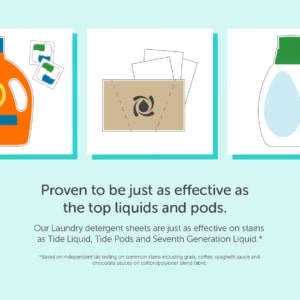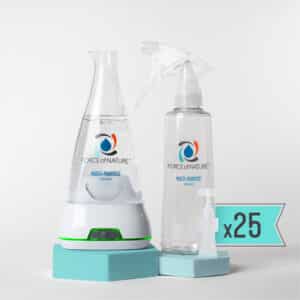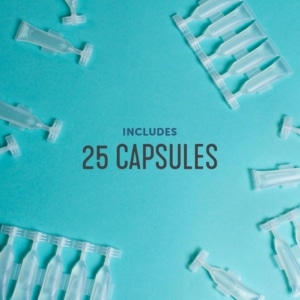What is oxybenzone?
Oxybenzone is a common ingredient found in 70% of all sunscreens and personal care products. It is an ultraviolet light absorber and filter [1][2][5]. This ingredient is also a penetration enhancer that helps other ingredients penetrate the skin more readily [4].
What products is oxybenzone in?
Oxybenzone is in hundreds of personal care products like facial moisturizers, lip balm, lipstick, anti-aging creams, hair conditioners, and fragrances, it is most commonly found in sunscreen [1][4]
How to tell if a product has oxybenzone
Look for the following synonyms on ingredient labels to alert you to the presence of oxybenzone:
(2-Hydroxy-4-methoxyphenyl)phenylmethanone; 2-Hydroxy-4-methoxybenzophenone; Benzophenone-3; Methanone, (2-hydroxy-4-methoxyphenyl)phenyl-; Oxybenzone; Benzophenone, 2-hydroxy-4-methoxy-, BP-3; Phenyl- Methanone; (2-hydroxy -4-methoxyphenyl) phenylmethanone; 2-benzoyl-5-methoxyphenol; 2-hydroxy-4-methoxybenzophenone; 4-methoxy-2-hydroxybenzophenone; advastab 45; anuvex; b3 [4, 5, 6].
Risks associated with oxybenzone
The Environmental Working Group (EWG) recommends that consumers avoid products that contain oxybenzone [1]. Oxybenzone has been linked with endocrine and hormone disruption as well as organ system toxicity and a variety of other health concerns. This ingredient is well-absorbed through the skin and has been cited by the CDC as a health concern [3][5]. Health issues related to exposure to oxybenzone include the following:
- Photoallergic reactions[1][5]
- Contact dermatitis [4]
- Hormone disruption [1][2][5]
- Cellular damage [4]
- Low birth weight in baby girls whose mothers were exposed during pregnancy [4]
How to avoid oxybenzone
Avoid oxybenzone by reading ingredient labels. Be sure to avoid products that contain oxybenzone as well as oxybenzone synonyms (see above for a list of other oxybenzone ingredient names). Avoid sunburns by wearing protective clothing or using an umbrella [2]. Use mineral-based, toxic chemical free sunscreens whenever possible rather than chemical ones. In personal care products, do your own research on a product’s ingredients by using a resource such as the Environmental Working Group’s Skin Deep product database.
References:
[1] EWG (2007-2016). The Trouble with Oxybenzone and Other Sunscreen Chemicals. Available online: http://www.ewg.org/sunscreen/report/the-trouble-with-sunscreen-chemicals/ December 20, 2016.
[2] Healthy Child Healthy World (2016). Worst Scoring Sunscreens for Kids. http://www.healthychild.org/worst-scoring-sunscreens-for-kids/ December 20, 2016.
[3] Healthy Child Healthy World (2016). Practice Safer Sunscreening. Available online: http://www.healthychild.org/easy-steps/practice-safer-sunscreening/ December 20, 2016.
[4] EWG (2016). CDC: Americans Carry Body Burden of Toxic Sunscreen Chemical. Available online: http://www.ewg.org/news/testimony-official-correspondence/cdc-americans-carry-body-burden-toxic-sunscreen-chemical December 20, 2016.
[5] EWG Skin Deep Cosmetics Database (2007-2016). Oxybenzone. Available online: https://www.ewg.org/skindeep/ingredient/704372/OXYBENZONE/ December 20, 2016.
[6] US Department of Health & Human Services Household Products Databases. Available online: https://householdproducts.nlm.nih.gov/cgi-bin/household/brands?tbl=chem&id=198&query=oxybenzone++&searchas=TblChemicalsJanuary 23, 2107.




